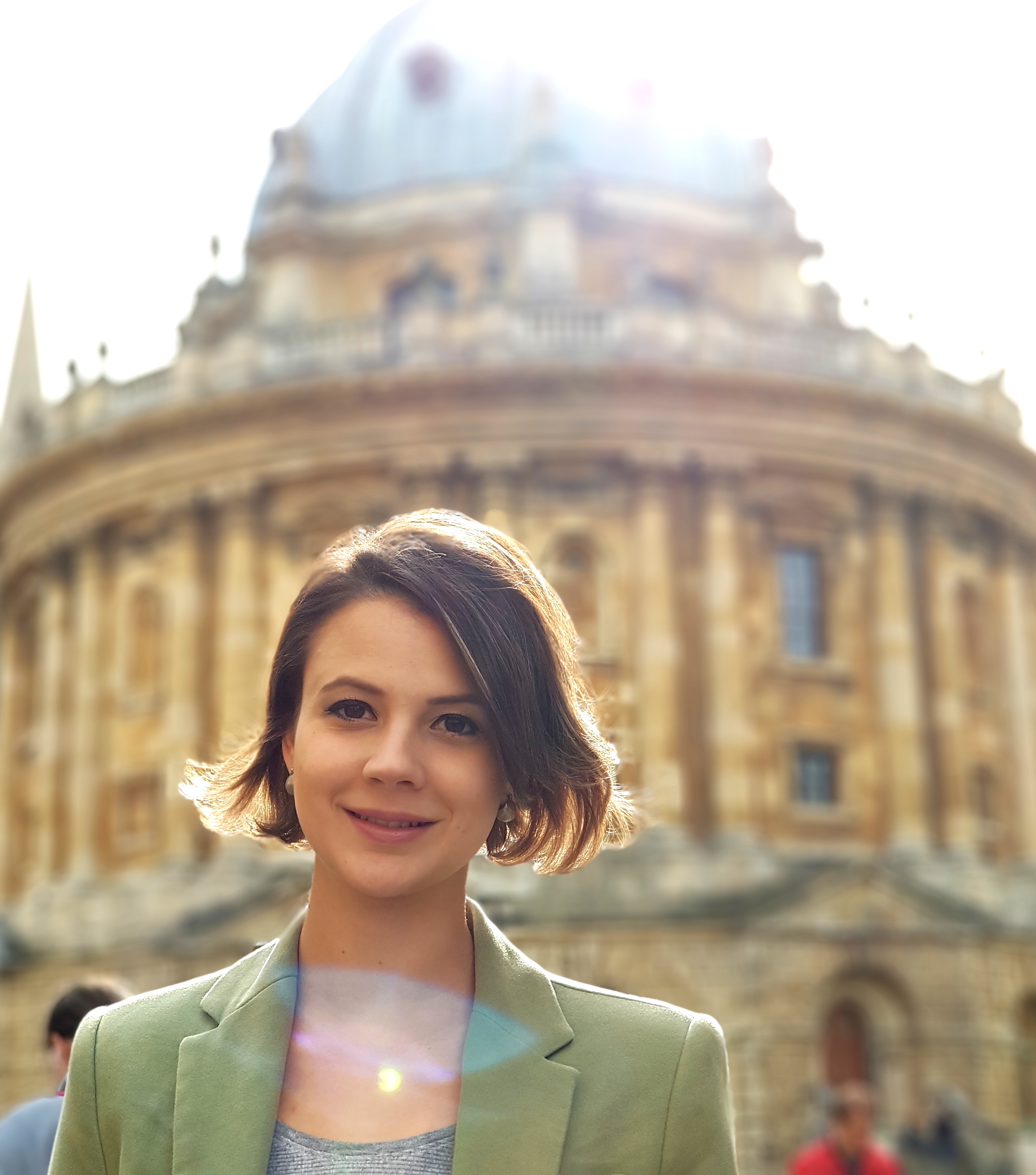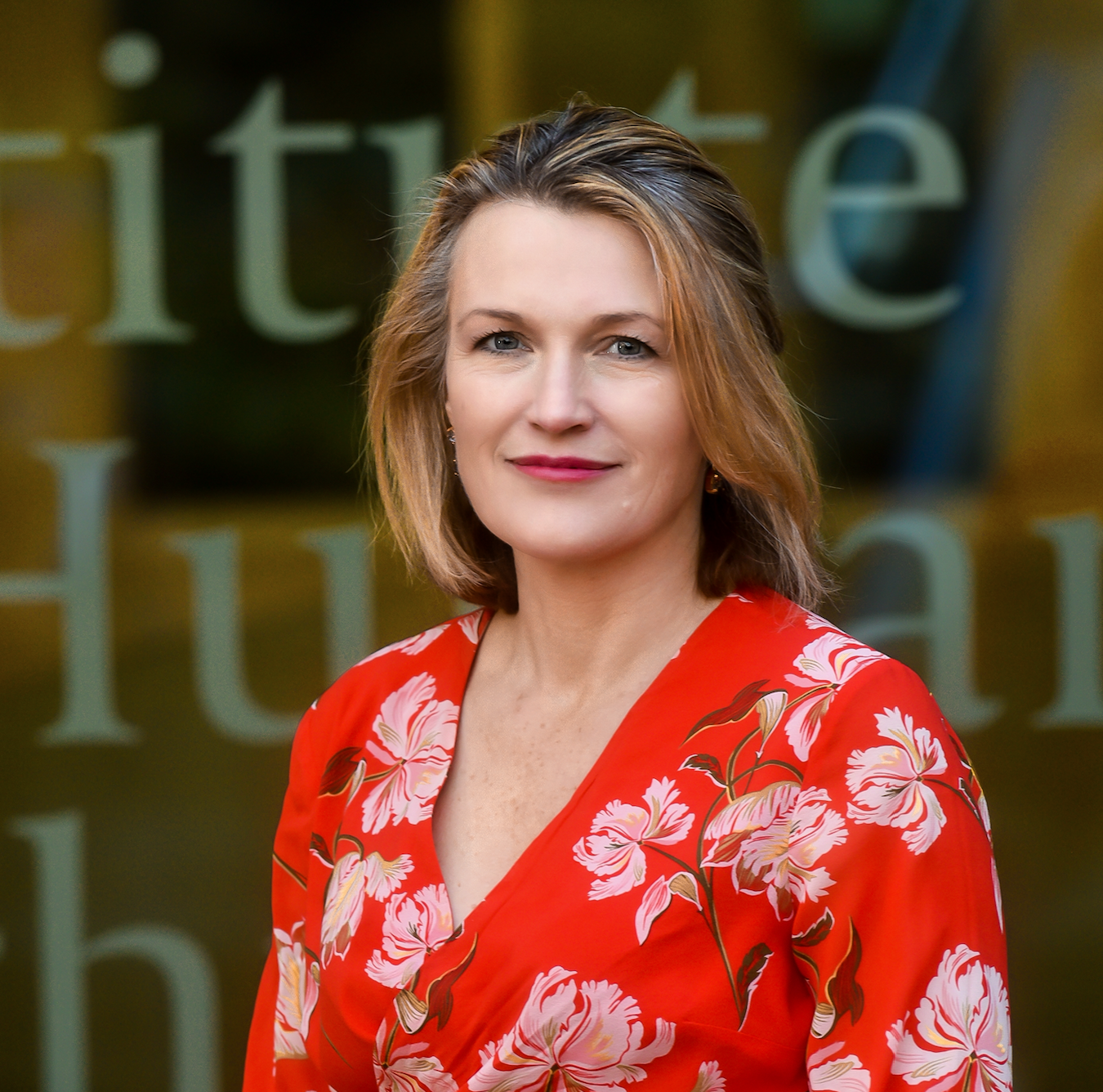Book Launch: Standing Up for Justice - The Challenges of Trying Atrocity Crimes
Notes & Changes
Register here. Please note that this event may be recorded, with the exception of any live audience questions.
We are delighted to invite you to the launch of the book Standing Up for Justice: The Challenges of Trying Atrocity Crimes by Judge Theodor Meron. The book begins with Judge Meron recounting how his childhood experiences in Poland during World War II and career as a law professor in the US influenced his subsequent illustrious stint as an international judge. For two decades, Judge Meron has been at the heart of the international criminal justice system, serving as President of the International Criminal Tribunal for the former Yugoslavia (ICTY), President of the International Residual Mechanism for Criminal Tribunals, and a Judge of the Appeals Chambers of the ICTY and the International Criminal Tribunal for Rwanda. Drawing on this experience, he reflects on the rule of law, the principle of fairness in trying atrocity crimes, judicial independence and impartiality in international criminal courts, and how acquittals and the early release of prisoners interact with international justice and accountability, before addressing the all-important question: does international criminal justice work?
Judge Meron will be joined by panellists Professor Catherine Redgwell (Chichele Professor of Public International Law, University of Oxford), Professor Kate O’Regan (Director of the Bonavero Institute of Human Rights, Oxford), Shehzad Charania MBE (interim Director General and Head of the Attorney General’s Office) and Dr Talita de Souza Dias (Shaw Foundation Junior Research Fellow in Law, Jesus College, Oxford). Helen Mountfield QC (Principal, Mansfield College, Oxford) will chair the discussion. Hilary Boulding (President, Trinity College, Oxford) will deliver welcome remarks.
Author
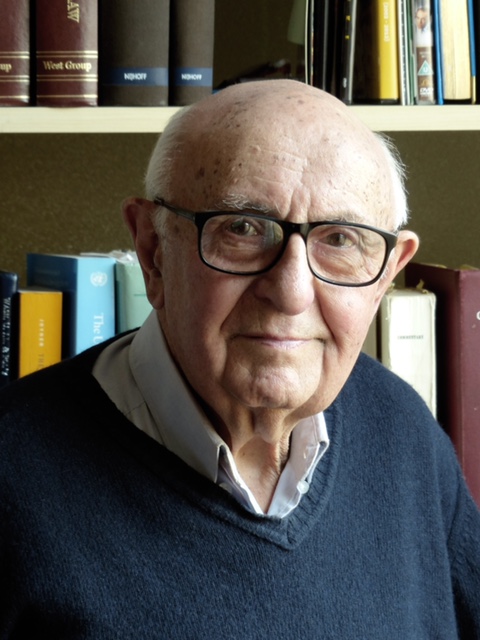
Judge Theodor Meron studied in the Universities of Jerusalem, Harvard and Cambridge. He has been a Judge and, between March 2012 and January 2019, was the President of the International Residual Mechanism for Criminal Tribunals (Mechanism). He was also a Judge of the Appeals Chambers of the International Criminal Tribunal for the former Yugoslavia (ICTY) and the International Criminal Tribunal for Rwanda (ICTR) since his election to the ICTY in March 2001 and until the closure of those Tribunals. In addition, he served a total of four terms as President of the ICTY. A leading scholar of international humanitarian law, human rights, and international criminal law, Judge Meron is the author of a dozen books on international law and chivalry in Shakespeare and more than a hundred articles, including some of the books and articles that helped build the legal foundations for international criminal tribunals. He is a member of the Institute of International Law and of the Council on Foreign Relations, a fellow of the American Academy of Arts, and the recipient of numerous awards, honours, and medals, such as the Hudson Medal (ASIL) and the Haskins Prize (ACLS) as well as Officer of the French Legion of Honour, Grand Officer of the French National Order of Merit as well as Officer of the Order of Merit of Poland. In 2019, Queen Elizabeth II appointed him an Honorary Companion of the Most Distinguished Order of St. Michael and St. George for service to criminal justice and international humanitarian law. A past honorary President of the American Society of International Law and past co-Editor-in-Chief of the American Journal of International Law, he is Charles L. Denison Professor of Law Emeritus at NYU Law School and was a Professor in the Institute of Graduate International Studies in Geneva, a visiting professor at Harvard Law School and at University of California Berkeley. He was Visiting Fellow of All Souls College. Since 2014, he has been a Visiting Professor of International Criminal Law at Oxford University, he is a Visiting Fellow at Mansfield College and Academic Associate of Bonavero Institute of Human Rights, and Honorary Visiting Fellow in Trinity College.
Speakers
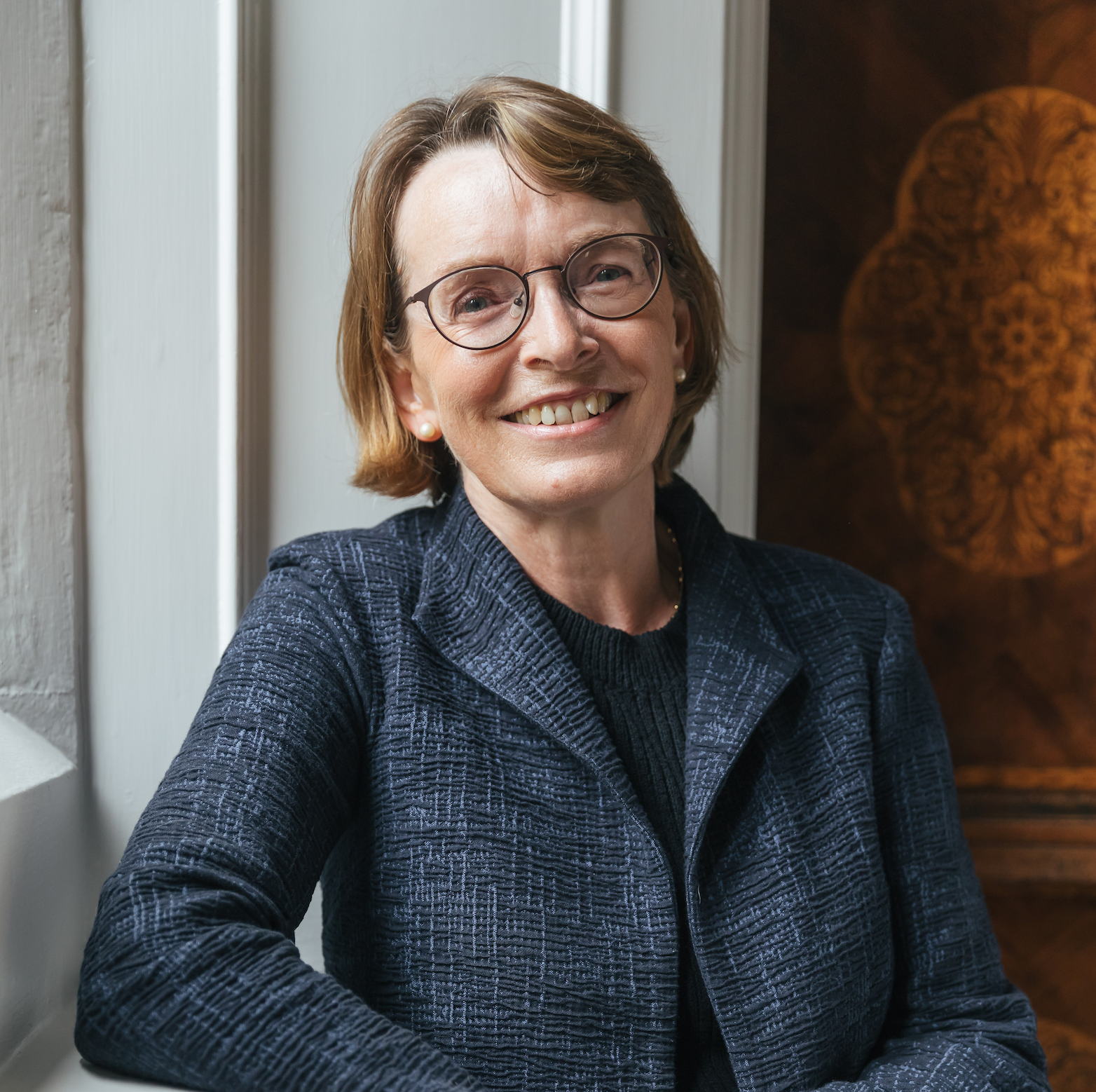
Dame Hilary Boulding DBE is President of Trinity College, University of Oxford. Hilary’s career combines 20 years as a music and arts programme maker in BBC Television and Radio with extensive senior management experience across the arts, cultural and educational sectors in the UK. She was awarded a DBE for services to culture and education in Wales in 2017. In 2017 she was appointed to Trinity College, Oxford as the College’s first female President in its 450-year history. Prior to that she was the Principal of the Royal Welsh College of Music and Drama (2007-2017) which trains 700 exceptionally talented young artists in Music, Acting, Stage Management and Theatre Design. She served as the Director of Music Strategy for Arts Council England between 1999 and 2007.
Catherine Redgwell is Chichele Professor of Public International Law at the Faculty of Law, University of Oxford.
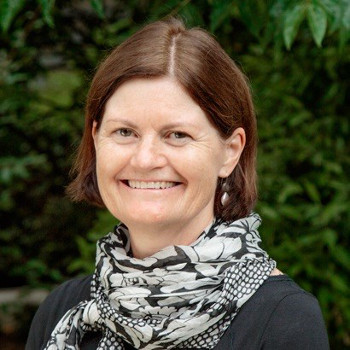
Kate O'Regan is the inaugural Director of the Bonavero Institute of Human Rights and a former judge of the South African Constitutional Court (1994 – 2009). In the mid-1980s she practiced as a lawyer in Johannesburg in a variety of fields, but especially labour law and land law, representing many of the emerging trade unions and their members, as well as communities threatened with eviction under apartheid land laws. In 1990, she joined the Faculty of Law at UCT where she taught a range of courses including race, gender and the law, labour law, civil procedure and evidence. Since her fifteen-year term at the South African Constitutional Court ended in 2009, she has amongst other things served as an ad hoc judge of the Supreme Court of Namibia (from 2010 - 2016), Chairperson of the Khayelitsha Commission of Inquiry into allegations of police inefficiency and a breakdown in trust between the police and the community of Khayelitsha (2012 – 2014), and as a member of the boards or advisory bodies of many NGOs working in the fields of democracy, the rule of law, human rights and equality.
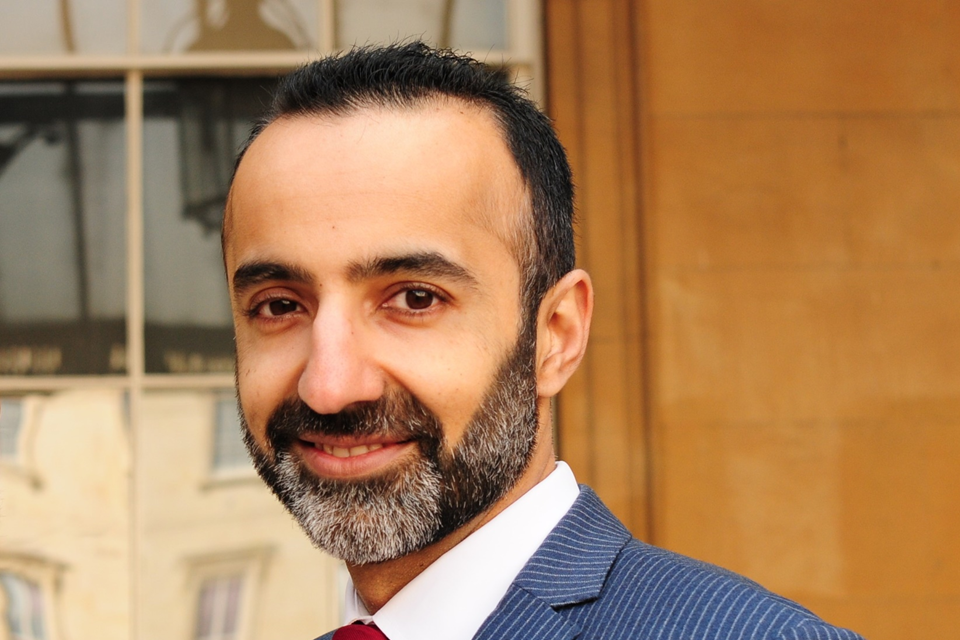
Shehzad Charania MBE is the interim Director General and Head of the Attorney General’s Office, where he advises the Attorney General on domestic, constitutional and international law matters, and criminal justice policy. He joined the Treasury Solicitor’s Department in 2006 following a period in the city where he qualified as a solicitor, moving to the Foreign and Commonwealth Office in 2009. Between 2013-2016 he worked as the Legal Adviser and Head of International Law at the British Embassy in The Hague where he was responsible for the delivery of the UK’s international justice policy. In 2016 he was seconded to the Attorney General’s Office in London as the Head of International and EU Law, becoming Director in 2019 before taking up his current role in September 2020.
